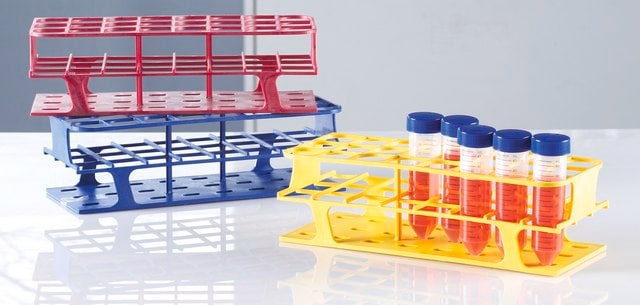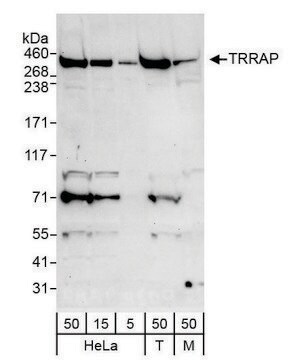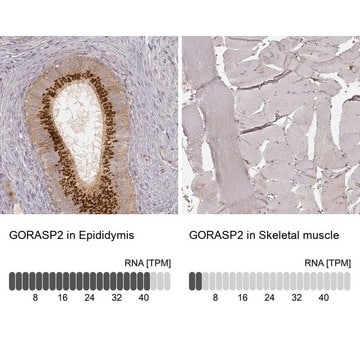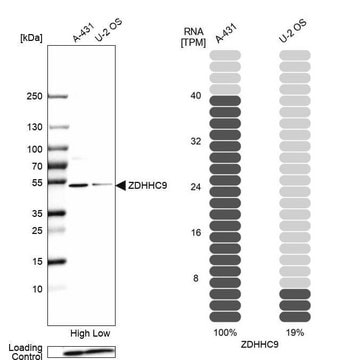MABE1008
Anti-TRRAP Antibody, clone 2TRR-1B3
ascites fluid, clone 2TRR-1B3, from mouse
Synonym(s):
Transformation/transcription domain-associated protein, 350/400 kDa PCAF-associated factor, PAF350/400, STAF40, TR-AP, Tra1 homolog
About This Item
Recommended Products
biological source
mouse
Quality Level
antibody form
ascites fluid
antibody product type
primary antibodies
clone
2TRR-1B3, monoclonal
species reactivity
human
technique(s)
immunoprecipitation (IP): suitable
western blot: suitable
isotype
IgG2aκ
NCBI accession no.
UniProt accession no.
shipped in
dry ice
target post-translational modification
unmodified
Gene Information
human ... TRRAP(8295)
General description
Specificity
Immunogen
Application
Immunoprecipitation Analysis: A representative lot immunodepleted TRRAP using nonhomologous end-joining/NHEJ-competent protein extracts prepared from human AAH-1 lymphoblastoid cells (Robert, F., et al. (2006). Mol. Cell. Biol. 26(2):402-412).
Epigenetics & Nuclear Function
Histone Modifying Proteins
Quality
Western Blotting Analysis: A 1:1,000 dilution of this antibody detected TRRAP in 10 µg of HeLa nuclear extract.
Target description
Physical form
Storage and Stability
Handling Recommendations: Upon receipt and prior to removing the cap, centrifuge the vial and gently mix the solution. Aliquot into microcentrifuge tubes and store at -20°C. Avoid repeated freeze/thaw cycles, which may damage IgG and affect product performance.
Other Notes
Disclaimer
Not finding the right product?
Try our Product Selector Tool.
Storage Class Code
12 - Non Combustible Liquids
WGK
WGK 2
Flash Point(F)
Not applicable
Flash Point(C)
Not applicable
Certificates of Analysis (COA)
Search for Certificates of Analysis (COA) by entering the products Lot/Batch Number. Lot and Batch Numbers can be found on a product’s label following the words ‘Lot’ or ‘Batch’.
Already Own This Product?
Find documentation for the products that you have recently purchased in the Document Library.
Our team of scientists has experience in all areas of research including Life Science, Material Science, Chemical Synthesis, Chromatography, Analytical and many others.
Contact Technical Service







